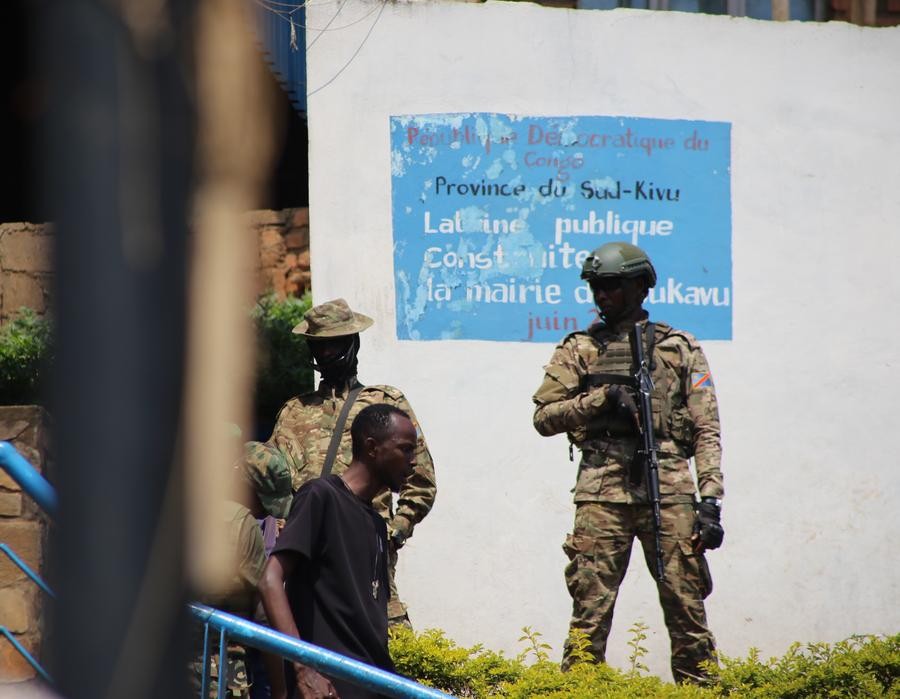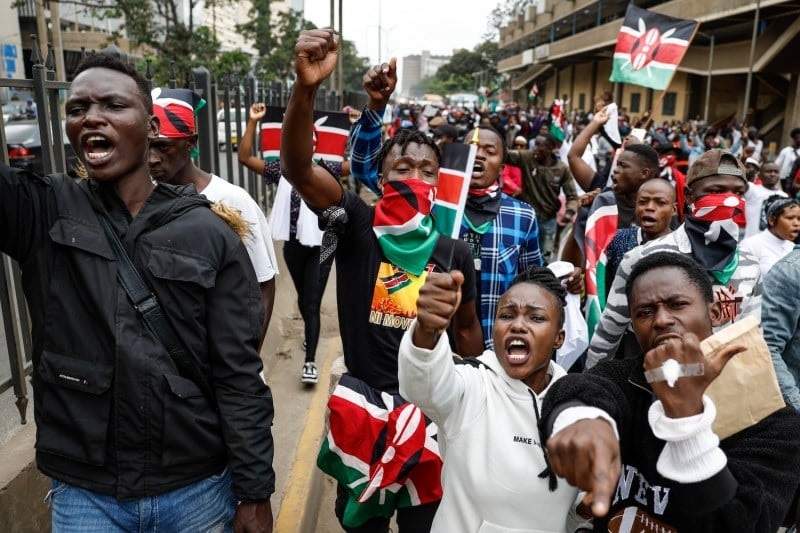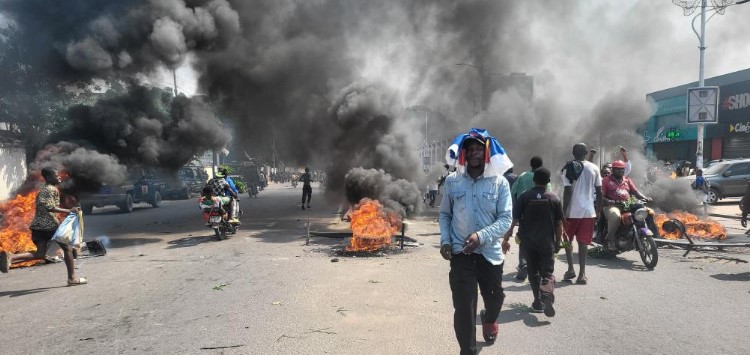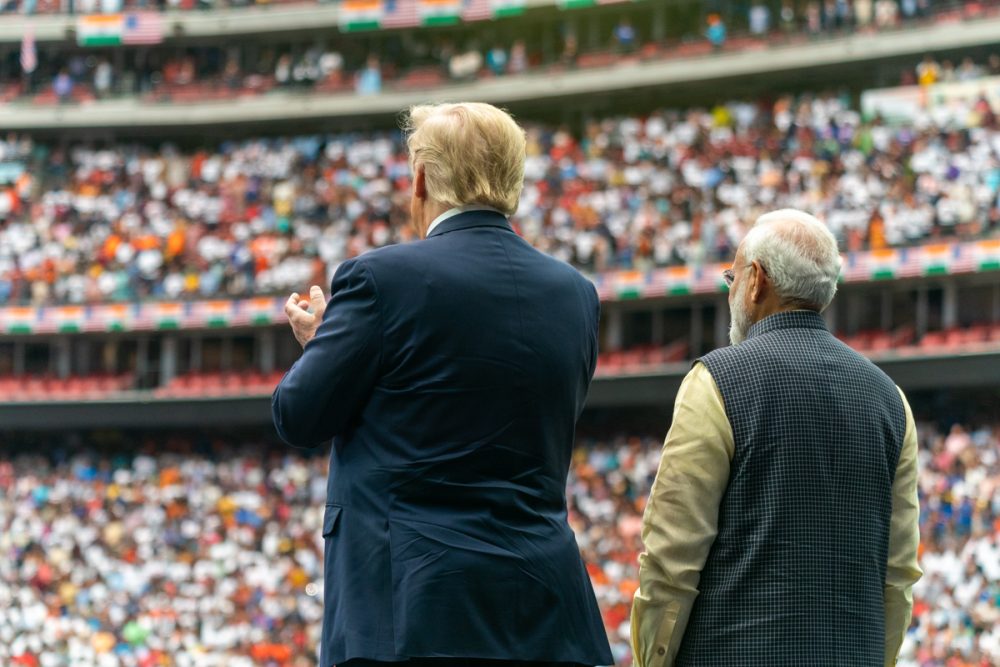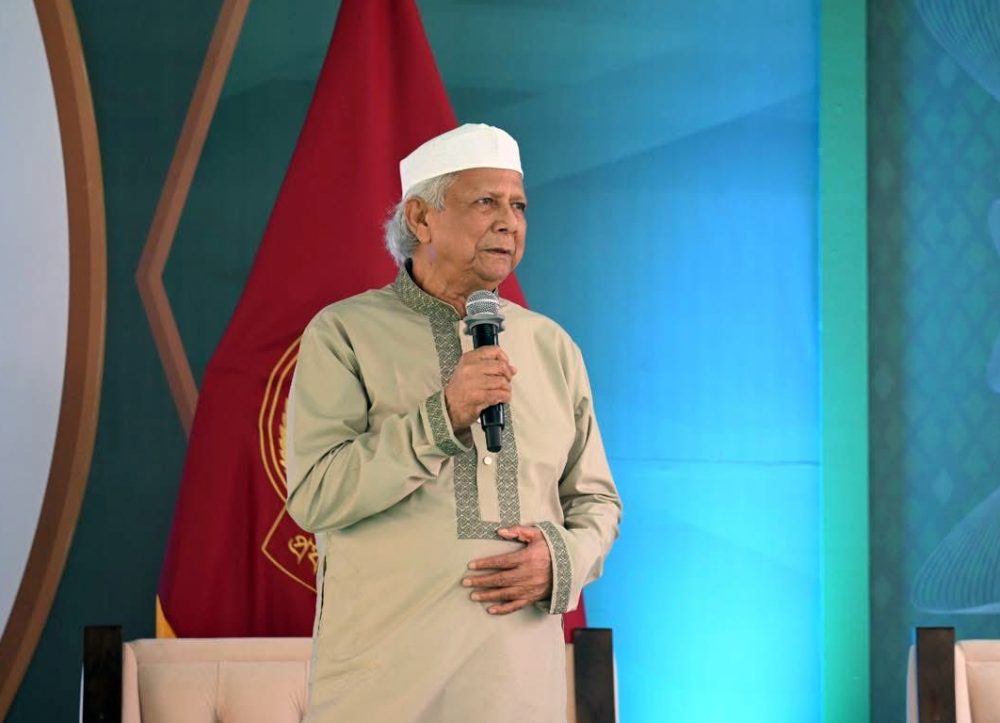More than 120 armed groups are fighting in the region, most for land and control of mines with valuable minerals, while some are trying to protect their communities
Militia fighters killed at least 55 civilians in an attack on a cluster of villages and a camp for displaced people in northeastern Congo, local authorities said Tuesday.
Violence has surged across eastern Congo, where conflict has raged for decades. More than 120 armed groups are fighting in the region, most for land and control of mines with valuable minerals, while some are trying to protect their communities.
Armed men from the CODECO militia attacked the Djaiba group of villages, which is also home to a camp for the displaced, in the province of Ituri Monday night, Antoinnette Nzale, the leader of the camp, told The Associated Press. She said 55 civilians died but added that the death toll is likely higher, as bodies continue to be retrieved from the burned down houses.
The Cooperative for the Development of Congo, or CODECO, is a loose association of militia groups mainly from the ethnic Lendu farming community. The group’s attacks killed nearly 1,800 people and wounded more than 500 in the four years through 2022, according to the African Centre for the Study and Research on Terrorism.
The United Nations has said some of the attacks could constitute war crimes and crimes against humanity.
“Almost the entire village was attacked,” Nzale said, adding that the UN peacekeeping force known as MONUSCO and Congolese government troops intervened but were overwhelmed by the more numerous attackers.
Jean Richard Lenga, chief of Bahema Badjere district, where the villages are located, confirmed the attack, adding that at least 38 people were killed. He also said the death toll is likely higher as bodies continue to be retrieved.
Most of the victims were displaced people who were killed with machetes and firearms, Mumbere David, a resident of Djaiba, told the AP over the phone.
In September, CODECO fighters killed at least 20 civilians in Djugu, the same territory that was attacked on Monday night.
The conflict in eastern Congo escalated last month after Rwanda-backed rebels seized Goma, the capital of North Kivu province, which is about 350 km south of Ituri province.
President cuts short overseas trip
The Democratic Republic of the Congo (DRC) President Felix Tshisekedi decided to cut short his overseas visit after the March 23 Movement (M23) armed group claimed to have seized a strategic airport near Bukavu, a major city in the eastern DRC.
Tshisekedi, who is attending the Munich Security Conference in Germany, is set to return early Saturday, according to local media reports. His decision follows the M23’s announcement that it had captured Kavumu Airport, a crucial humanitarian and military supply hub in the eastern South Kivu Province, Xinhua news agency reported.
“Kavumu Airport was a danger to the civilian population in the liberated areas and our positions. From now on, Kavumu and its surroundings, including the airport, are under control,” M23 spokesperson Laurence Kanyuka stated in a post on X.
The airport is considered a final defensive barrier for Bukavu, the provincial capital, located about 30 km away. Local sources told Xinhua that M23 forces have been advancing toward the city, despite the group’s earlier claim in February that it had no intention of seizing Bukavu.
“We will not let ourselves be pushed around, we will take our full responsibilities,” said Tshisekedi on Friday during a panel discussion at the Munich Security Conference. “If today my country has been attacked in an ostentatious manner and the world has hardly been moved, it means that international law is completely called into question here.”
The latest M23 offensive comes weeks after the group claimed to have captured Goma, the capital of North Kivu Province, on January 26. Since early this week, the M23 has taken control of several towns in South Kivu, triggering panic among Bukavu residents.
Sources in South Kivu reported that the rebels were advancing toward Bukavu as of Friday afternoon, while some DRC soldiers and their allies retreated toward Uvira, a key commercial and transport hub near the Burundian border.
Civil society groups, in a letter published Wednesday, urged authorities to avoid combat in Bukavu to prevent civilian casualties.
The eastern DRC has seen a surge in violence as the M23 rebels intensify their offensives. Since late 2021, the group has captured several strategic locations, including the border town of Bunagana and the mining hub of Rubaya, known globally for its rich coltan deposits.
On Friday, Tshisekedi’s spokesperson Tina Salama confirmed that the DRC president would not attend this weekend’s African Union (AU) Summit, with Prime Minister Judith Suminwa Tuluka traveling to Addis Ababa, Ethiopia’s capital, in his place.
In addition to the AU Summit, Tshisekedi has been absent from several key regional meetings on the eastern DRC crisis, including a “historic summit” jointly convened last week by the East African Community and the Southern African Development Community in Dar es Salaam, Tanzania.
The AU’s Peace and Security Council was set to discuss the DRC crisis in a high-level meeting in Addis Ababa on Friday. A press conference was scheduled later in the day following the meeting.
The ongoing conflict between the M23 and the Congolese government is deeply rooted in the aftermath of the 1994 Rwandan genocide and long-standing ethnic tensions between the Tutsi and Hutu communities.
The DRC accuses Rwanda of supporting the M23, while Rwanda alleges that the Congolese army has allied with the Democratic Forces for the Liberation of Rwanda, a rebel group accused of participating in the genocide against the Tutsi.
The humanitarian situation in the eastern DRC has deteriorated drastically in recent weeks. Since January 26, more than 3,000 people have been killed, 2,880 injured, and over 500,000 displaced, adding to the 6.4 million people already internally displaced in the region, according to the United Nations.
ALSO READ: Nigeria approve $200 mn to offset shortfall from US aid cuts





